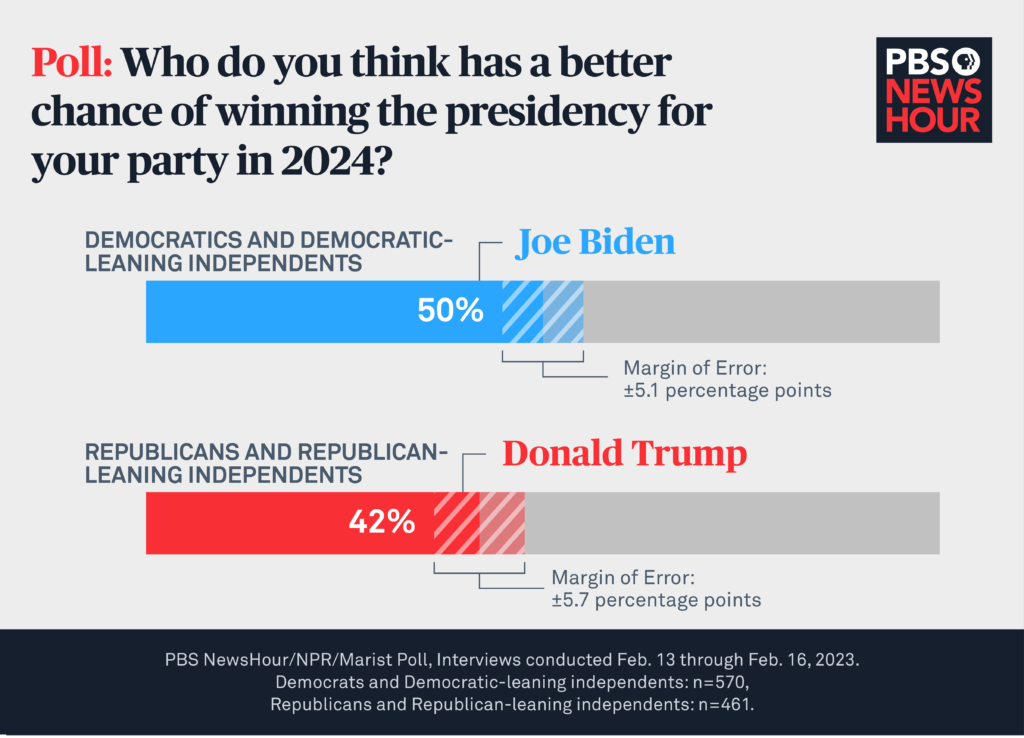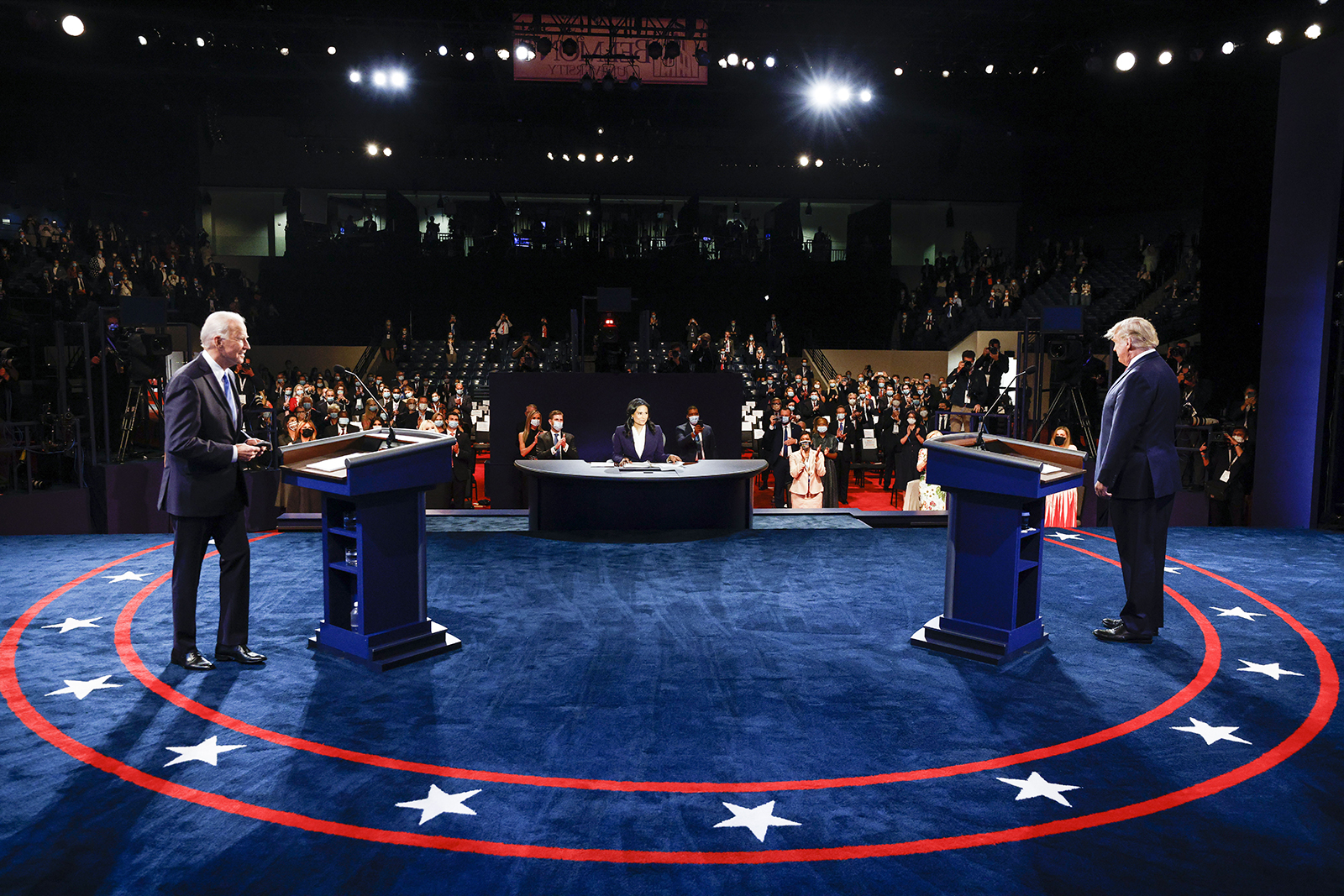Debating Style and Performance

A presidential debate is not just a political event; it’s a performance. The candidates are not only trying to convince voters of their policies, but also of their character, competence, and leadership potential. This means that their communication style, including their use of language, tone, and body language, plays a crucial role in how they are perceived by the audience.
Communication Styles
The candidates’ communication styles can be analyzed by examining their use of language, tone, and body language. For example, one candidate might favor a more direct and assertive style, while another might prefer a more nuanced and diplomatic approach. These differences can have a significant impact on how the candidates are perceived by the audience.
- Language: Candidates often use different types of language to convey their message. Some candidates might use complex and technical language, while others might use simpler and more relatable language. The choice of language can affect how accessible the candidate’s message is to the audience. For example, a candidate using complex jargon might alienate voters who don’t understand the terminology, while a candidate using simpler language might be seen as more approachable and relatable.
- Tone: The tone of a candidate’s voice can also be revealing. A candidate who speaks in a calm and collected tone might be perceived as more trustworthy and reliable, while a candidate who speaks in a more aggressive or confrontational tone might be perceived as less trustworthy or even threatening. A candidate’s tone can also convey their emotional state, which can impact how the audience perceives their message.
- Body Language: Nonverbal communication, such as eye contact, posture, and gestures, can also be a powerful tool in a debate. For example, a candidate who maintains good eye contact with the audience might be perceived as more engaged and sincere, while a candidate who avoids eye contact might be perceived as shifty or untrustworthy. A candidate’s posture can also convey their confidence and authority, while their gestures can emphasize certain points or add emotion to their message.
Addressing Issues and Responding to Arguments
The way candidates address the issues and respond to their opponent’s arguments can also be revealing about their communication style and debating skills. Some candidates might choose to focus on attacking their opponent’s weaknesses, while others might prefer to focus on presenting their own positive vision for the future. The effectiveness of each approach can vary depending on the specific issues being debated and the audience’s expectations.
- Attacking Opponent’s Weaknesses: This approach can be effective in highlighting the flaws in the opponent’s policies or arguments. However, it can also backfire if the attacks are perceived as being too personal or unfair. A candidate who focuses on attacking their opponent might be seen as negative or even desperate.
- Presenting a Positive Vision: This approach can be effective in building support for the candidate’s own policies and ideas. However, it can also be seen as being too idealistic or unrealistic if the candidate fails to address the challenges facing the country. A candidate who focuses on presenting a positive vision might be seen as out of touch with the realities of the situation.
Impact on the Audience and Potential Voters, Whos winning in the presidential debate
The candidates’ debating style and performance can have a significant impact on the audience and potential voters. A candidate who is perceived as being confident, articulate, and knowledgeable is more likely to win over voters. Conversely, a candidate who is perceived as being unprepared, evasive, or dishonest is less likely to win over voters. The debate can also influence public opinion on the candidates’ policies and positions on the issues.
- Confidence and Articulation: A candidate who is confident and articulate is more likely to be perceived as a strong leader. This can be seen in their body language, tone of voice, and choice of words. A candidate who stumbles over their words, avoids eye contact, or uses vague language might be perceived as lacking confidence or competence.
- Knowledge and Preparedness: A candidate who is knowledgeable about the issues and prepared to answer questions is more likely to be seen as a credible leader. This can be seen in their ability to provide detailed answers, cite relevant facts and statistics, and anticipate their opponent’s arguments. A candidate who appears unprepared or unable to answer basic questions might be seen as lacking credibility or expertise.
- Honesty and Integrity: A candidate who is perceived as being honest and trustworthy is more likely to win over voters. This can be seen in their willingness to acknowledge their mistakes, take responsibility for their actions, and avoid making false or misleading statements. A candidate who is caught in a lie or makes false promises might lose the trust of voters.
Policy Positions and Arguments: Whos Winning In The Presidential Debate

A presidential debate is a crucial opportunity for candidates to present their policy positions and persuade voters. It’s a platform where they can showcase their understanding of key issues and articulate their plans for addressing them. In this section, we will delve into the key policy positions of each candidate and analyze the arguments they used to support them.
Economic Policies
The economy is often a central topic in presidential debates, as it directly impacts the lives of voters. Candidates often present their plans for stimulating economic growth, creating jobs, and managing the national debt.
“My economic plan focuses on [candidate’s key economic policies] to [candidate’s goals].”
“My opponent’s plan [criticism of opponent’s plan] and will [negative consequences].”
Healthcare Policies
Healthcare is another critical issue that resonates deeply with voters. Candidates often Artikel their visions for providing affordable and accessible healthcare to all Americans.
“My healthcare plan will [candidate’s key healthcare policies] to [candidate’s goals].”
“My opponent’s plan [criticism of opponent’s plan] and will [negative consequences].”
Foreign Policy
Foreign policy positions are crucial in a presidential debate, as they demonstrate a candidate’s understanding of global issues and their approach to international relations. Candidates often discuss their strategies for dealing with national security threats, promoting democracy abroad, and managing international trade.
“My foreign policy will [candidate’s key foreign policy policies] to [candidate’s goals].”
“My opponent’s plan [criticism of opponent’s plan] and will [negative consequences].”
Audience Reactions and Public Opinion

The reactions of the audience during a presidential debate can provide valuable insights into the public’s perception of the candidates and their performance. Audience members often express their opinions through applause, laughter, and expressions of agreement or disagreement. These reactions can influence the overall narrative of the debate and shape public opinion in the days and weeks following the event.
Impact on Public Opinion Polls
The impact of a debate on public opinion polls can be significant, particularly in close races. A strong performance by one candidate can lead to an increase in their poll numbers, while a weak performance can result in a decline. For example, in the 2020 presidential debate, Joe Biden’s performance was widely seen as more effective than Donald Trump’s. This was reflected in post-debate polls, which showed a slight increase in Biden’s support.
“The impact of a debate on public opinion can be significant, particularly in close races.”
Potential Turning Points
There are often moments in a debate that can have a significant impact on the outcome of the election. These “turning points” can be positive or negative for a candidate and can shape the public’s perception of their campaign. For example, in the 2016 presidential debate, Hillary Clinton’s response to a question about her use of a private email server was widely seen as a misstep. This moment may have contributed to her loss in the election.
“There are often moments in a debate that can have a significant impact on the outcome of the election.”
Whos winning in the presidential debate – It’s tough to say who’s winning the presidential debate, as both candidates are employing different strategies. One candidate is focusing on economic issues, while the other is highlighting foreign policy concerns, like the ongoing conflict between Israel and Hamas, where the Israel Hamas leader is facing intense scrutiny.
Ultimately, the voters will decide who’s winning based on their own priorities and concerns.
The presidential debate rages on, a battle of words and policies. But amidst the political drama, there’s a different kind of craze sweeping the nation – the McDonald’s Collectors Meal. While the candidates fight for votes, people are vying for limited-edition Happy Meal toys.
Perhaps the real winner is the one who can capture the hearts and stomachs of the American people.
